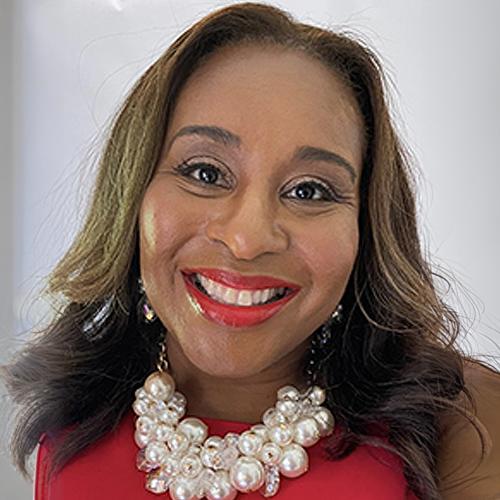Biography
Tiffany Williams Brewer is an Assistant Professor of Law at Howard University School of Law and a former state administrative law judge. At Howard she teaches courses in Evidence, Professional Responsibility, Legislation & Regulation and a seminar entitled Black Women & the Law. Brewer has over 20 years of experience teaching courses in law, political science, public policy and public administration at universities throughout the U.S. and internationally, where she has also trained legal professionals and judges in the Middle East, Asia, and throughout the African continent in conjunction with the African Union. Her scholarly focus spans several areas of her professional expertise including, administrative law, gender equity, global women’s leadership, gendered responses to criminal justice reform, and dismantling systemic disparities for Black women and girls. She is an elected member of the American Law Institute.
Brewer has an extensive career of public service, including having served as an Assistant U.S. Attorney, Deputy Chief Counsel to the NJ Governor, Chief Counsel to the Speaker of the NJ General Assembly, NJ Deputy Assistant Secretary of State, Regulatory Officer at the NJ Civil Service Commission, as Chair of the New Jersey State Commission of Investigation, as a Special Assistant to U.S. Senator Bill Bradley, and has served on several presidential, gubernatorial and mayoral campaigns. After clerking for the Honorable Frederick L. Brown in the Massachusetts Appeals Court, Professor Brewer worked as a litigator at large law firms in Massachusetts and New Jersey. During law school, she served as an intern at the White House Office of Legal Counsel.
Brewer currently serves as Chair Elect of the Litigation Section of the American Bar Association, one of the largest sections of the association, and serves as a Special Advisor to the ABA Commission on Women in the Profession.
Brewer is also a pastor and co-leads a congregation with her husband. She is the founder of a nonprofit, the Esther Project, where she also leads the Esther Institute for the Advancement of Women and Girls.

